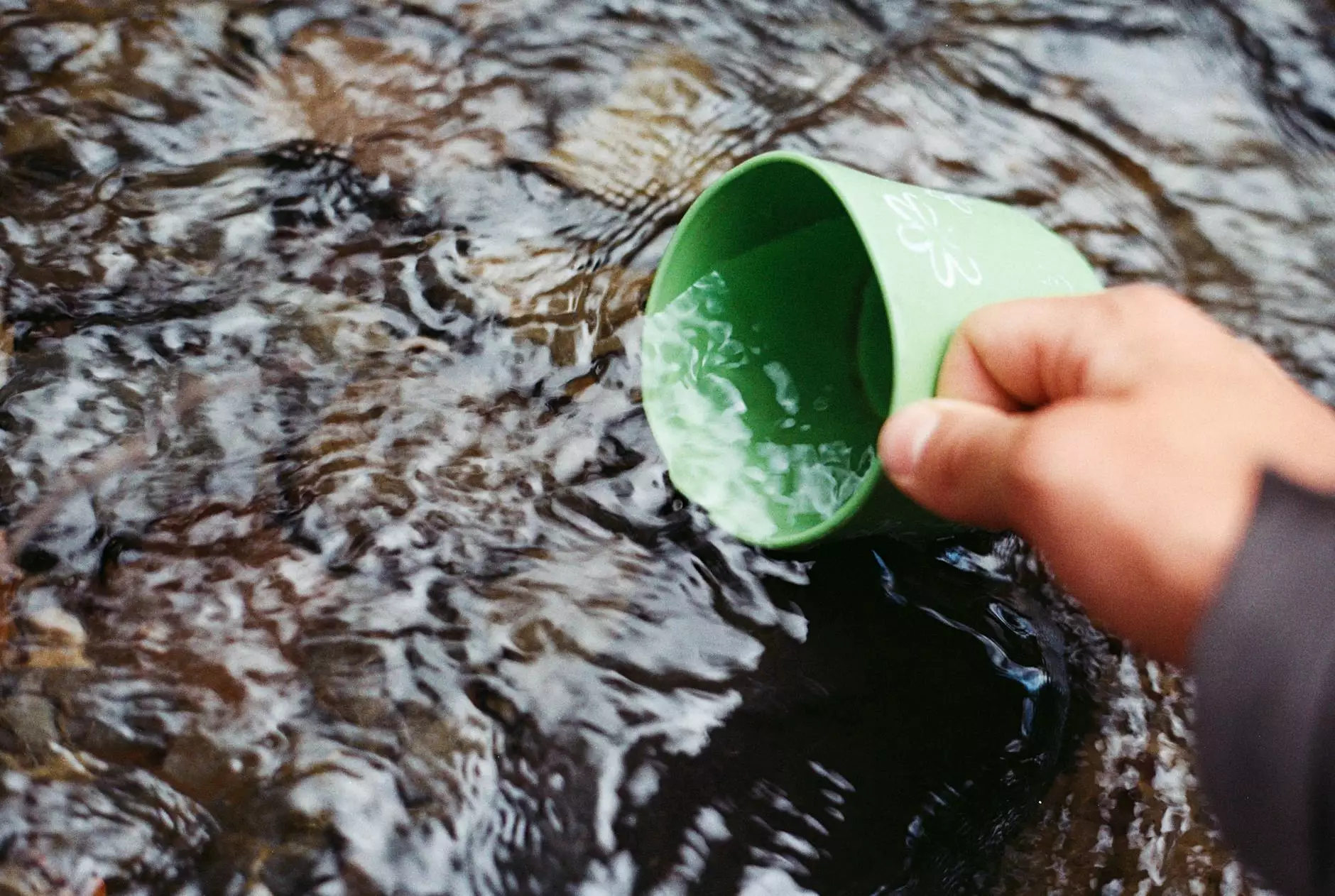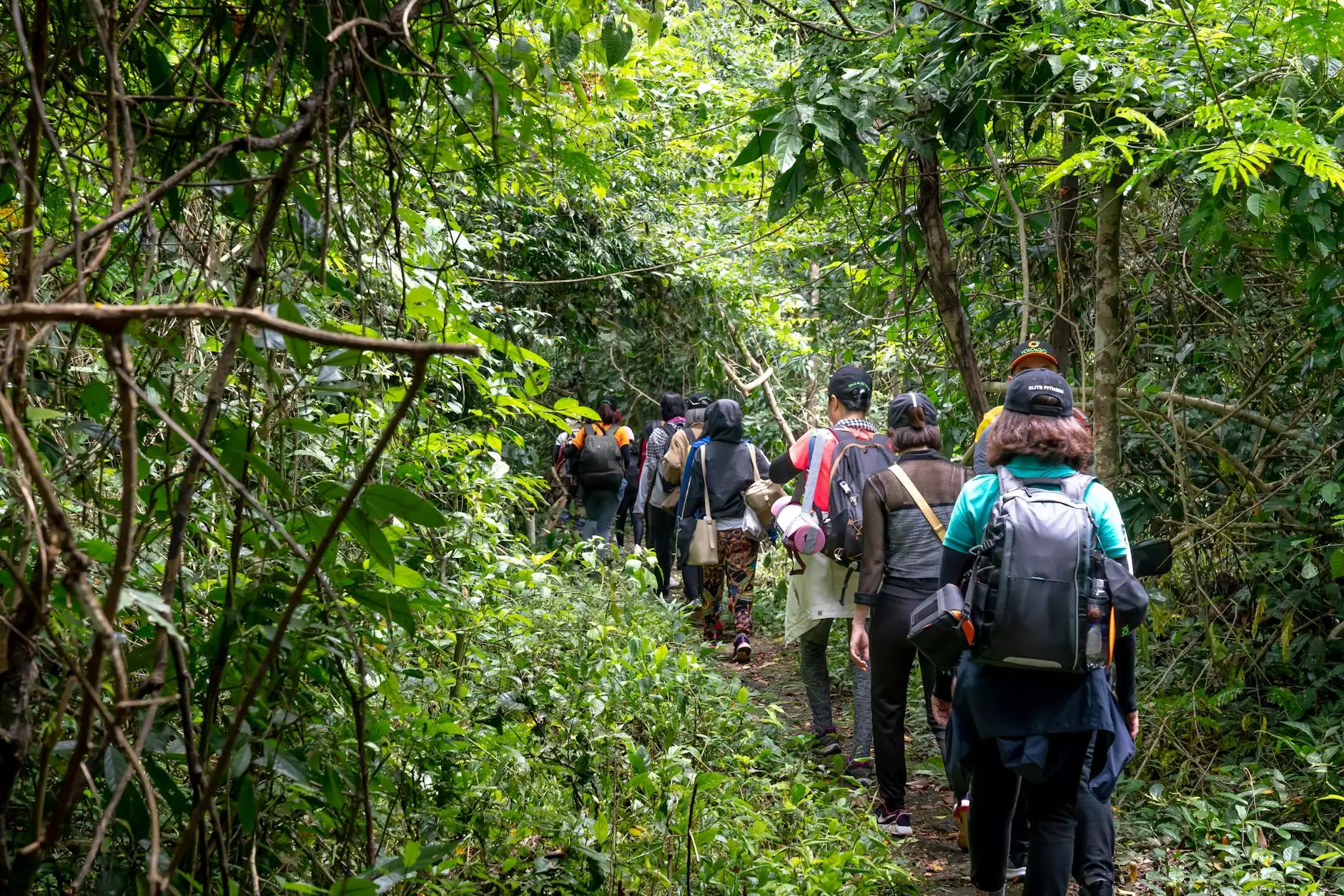What Can Camp Lejeune Disaster Teach Us About Drinking Water Quality
Health
Welcome to Ageless Wisdom Magazine, your trusted source for thought-provoking articles on various lifestyle topics, including important issues like drinking water quality. In this article, we delve into the Camp Lejeune Disaster, its impact on public health, and the crucial lessons we can learn from it.
The Camp Lejeune Disaster
In the mid-1980s, alarming information came to light about the water contamination at Camp Lejeune, a United States Marine Corps base in North Carolina. The water supply at the base, which served thousands of military personnel and their families, was contaminated with hazardous chemicals, including industrial solvents like trichloroethylene (TCE) and perchloroethylene (PCE).
Over the years, those stationed at Camp Lejeune unknowingly consumed and bathed in water contaminated with these toxic substances. The consequences were devastating, with many residents suffering from various health issues, including cancers, birth defects, and other serious illnesses.
The Lessons Learned
The Camp Lejeune Disaster brought to light the critical importance of monitoring and ensuring water quality in our communities. It reminds us that even seemingly secure sources of drinking water can be compromised, and proactive measures must be taken to safeguard public health.
Drinking Water Safety
Access to clean and safe drinking water is a fundamental right. As individuals, it's important to educate ourselves about the potential risks and take steps to protect our own well-being and that of our loved ones. Some key points to consider:
1. Know Your Water Source
Understanding the source of your drinking water is crucial. Whether it's from a public supply or a private well, knowledge is power. Research the local water provider and their testing procedures. In the case of private wells, regular testing for contaminants is essential.
2. Stay Informed
Stay updated on any potential water quality issues in your area. Keep an eye on local news, government announcements, and official water reports. Being aware of any possible concerns allows you to take appropriate action.
3. Water Filtration Systems
Investing in a high-quality water filtration system can provide an added layer of protection against potential contaminants. There are various options available, such as activated carbon filters, reverse osmosis systems, and UV disinfection units. Choose a system that suits your specific needs and budget.
4. Regular Testing
Regularly test your water for common contaminants, such as lead, bacteria, pesticides, and volatile organic compounds (VOCs). Testing kits are readily available, and professional water testing services can provide comprehensive analysis.
Raising Awareness and Demanding Change
The Camp Lejeune Disaster serves as a stark reminder that government accountability and public pressure are vital in ensuring safe and clean drinking water for all. By raising awareness, advocating for change, and supporting regulatory measures, we can contribute to the protection of our communities.
Conclusion
As we reflect on the lessons learned from the Camp Lejeune Disaster, it is clear that the issue of drinking water quality deserves our attention and action. At Ageless Wisdom Magazine, we are dedicated to providing our readers with insightful articles on a wide range of lifestyle topics, including health, wellness, and environmental concerns. Stay informed, stay empowered, and together, we can make a positive difference.




